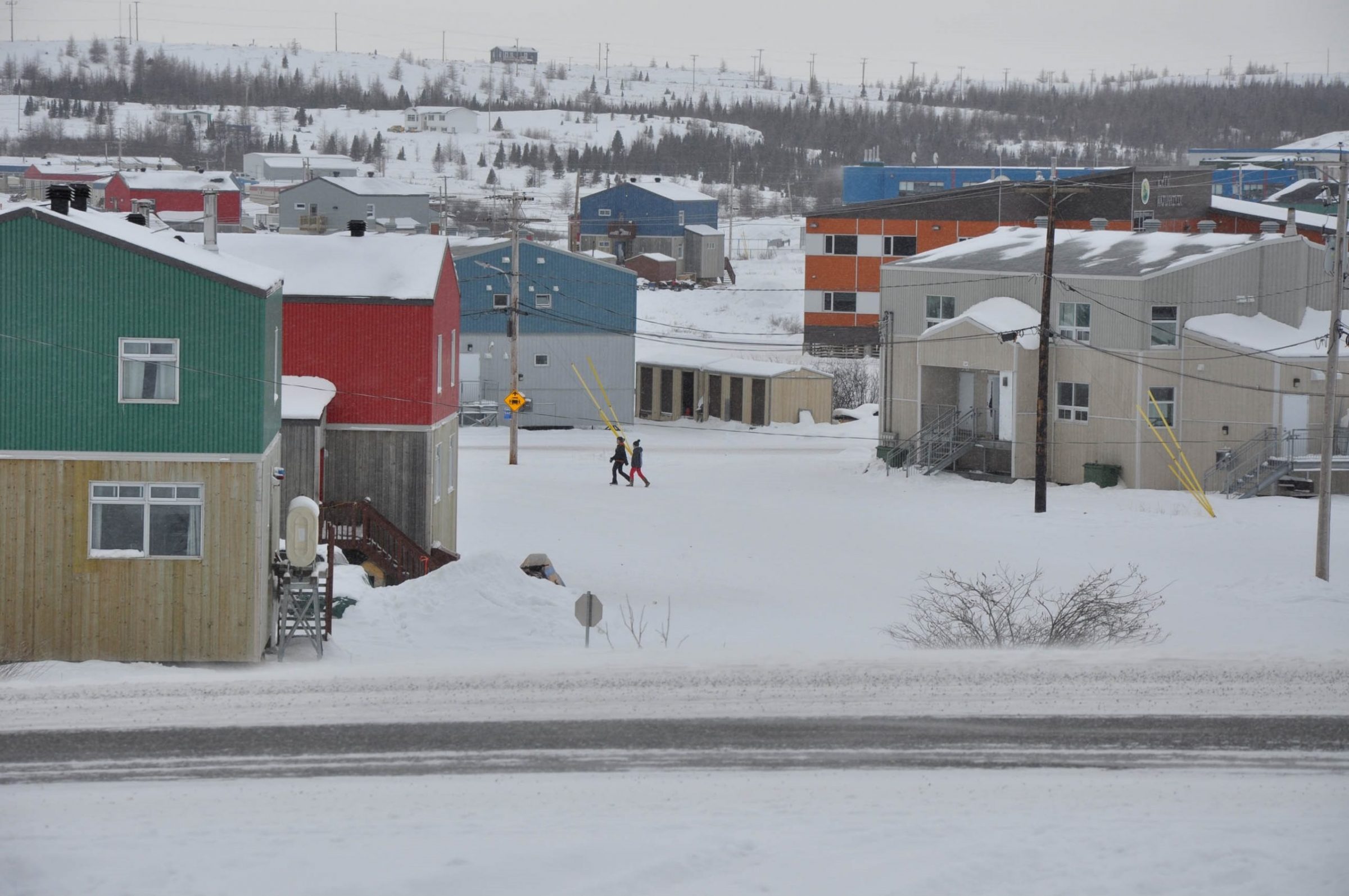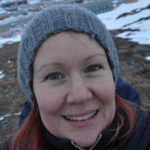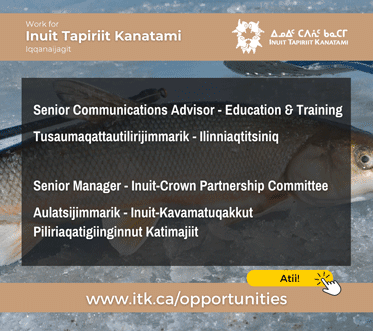COVID-19 case confirmed in Kuujjuaq, Nunavik’s largest community
Nunavik health board says no additional restrictions necessary for now
Investigators with Quebec’s provincial police force continue to look into last week’s suspicious Feb. 5 deaths of a man and a woman in Kuujjuaq. (File photo by Sarah Rogers)
Nunavik health officials say that someone in Kuujjuaq has tested positive for COVID-19.
The Nunavik Regional Board of Health and Social Services said on Thursday, Nov. 12, that the person was infected with the virus while outside the region and is now in isolation.
“Public Health is communicating with people who have been in contact with the individual and are ordering them to isolate,” the health board said in a news release.
“Given the rapid identification of this case, people who were in contact cannot yet be infectious and would not have spread COVID-19.”
Health officials can’t identify where the person travelled from. But the NRBHSS confirmed the individual did test negative for the virus before boarding their northbound flight, and was then was tested again in Kuujjuaq, receiving a positive result on Nov. 11.
This is the first case of COVID-19 in Kuujjuaq, Nunavik’s largest community. The health board said that no additional restrictions are necessary in Nunavik communities at this point. There are no other active cases of the virus in the region.
But the health board says Nunavimmiut should keep up measures such as wearing a mask in public places, washing hands, keeping a two-metre distance from others, coughing and sneezing into their elbow, and staying home when flu-like symptoms are present.
Anyone with symptoms consistent with COVID-19—such as fever, unusual cough, difficulty breathing and loss of sense of smell—must call their local health centre to get tested.
Health officials had advised Nunavimmiut to avoid any non-essential travel, as southern travel hubs like Montreal and Quebec City deal with a growing outbreak of COVID-19.
Current regulations allow travel to and from the region but require all travellers to be screened before boarding a flight to Nunavik, or to present a negative COVID-19 test result from within 96 hours of their departure, followed by a second test seven days after arriving in the region.





It’s the spreaders we need to worry about. Yes indeed there are those that are ignorant and spreading the disease. Passing it to the vulnerable. If you go about your day to day living , wear a mask, spend limited time in public spaces like stores and post office, you’ll be fine. But if you gather and have these long chats face to face in public, then you have no common sense to what you’re doing, you are at risk. There are two types of spreaders, those that are ignorant and not aware of what’s going on, and those that don’t seem to care, but the same ones are getting sick, and spreading the virus. The best we can do is protect our vulnerable from the spreaders.
For context, the person brought it up from the south, and the person in quarantine is their coworker who worked in a confined space with them. It had nothing to do with ‘face to face chats in public’. While it’s important to protect ourselves from transmission, it’s just as important to pay attention to the actual context of transmission and not just let anxiety and anger at others we see spiral out of control. If you have a chat outside with someone, your risk of transmission is neglible and months of studies have proven that. Yes people need to give space to each other indoors, but let’s not be so quick to ignore the context of actual transmissions in town to get upset at others whose activity had nothing to do with this case whatsoever. Protection begins with understanding how cases actually emerged, not focusing on imagined situations that did not lead to transmission.